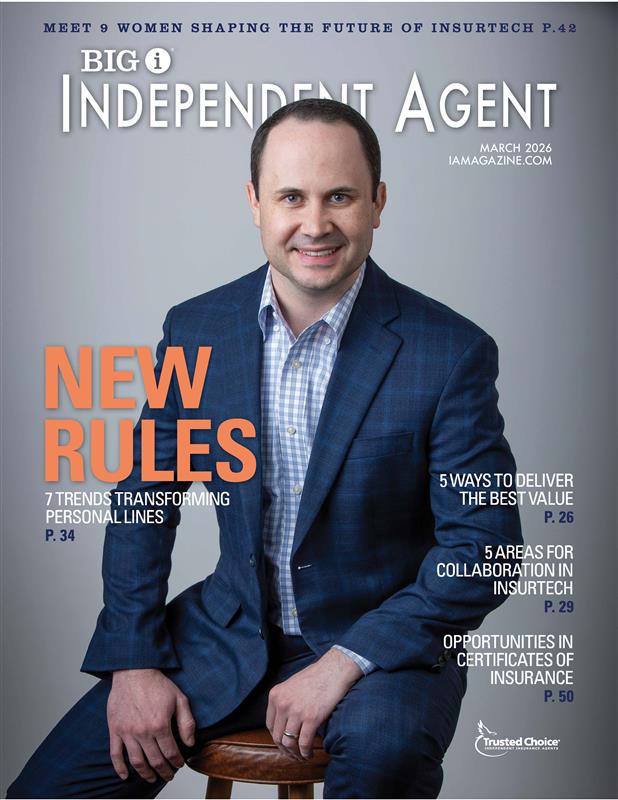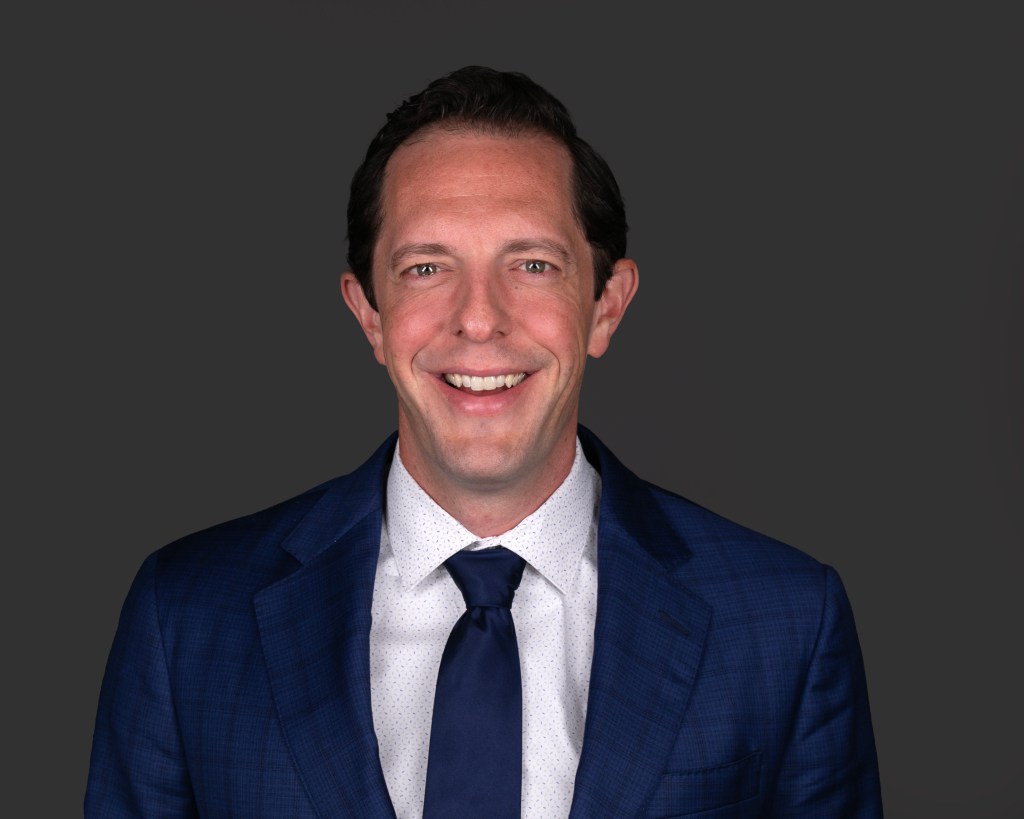Large Commercial Clients Expect Expertise from Agents

By: Jordan Reabold
In relationships with brokers, what drives customer satisfaction among large commercial clients?
The most important factor is quality of advice, according to the J.D. Power 2016 Large Commercial Insurance Study. Across the industry, brokers receive an average rating of 8.34 on a 10-point scale for this metric.
Reasonableness of fees is the second most important factor, followed by ease of the renewal process; effectiveness of risk control services; variety of program offerings; effectiveness of program review; price and given services received; billing and payment process; and lastly, claims process.
“Quality of advice and reasonableness of fees are primary in part because people are looking at the relationship with a broker as a value proposition,” explains Greg Hoeg, vice president of the U.S. insurance practice at J.D. Power. “The quality of the broker’s advice, coupled with the price of what they’re offering, should go hand in hand.”
This is the second consecutive year in the three-year study that customers are most satisfied with brokers who cultivate consultative relationships. Among the 20% of large commercial clients that indicate their broker doesn’t understand their business needs, satisfaction decreases by an average of 136 points.
To combat this divide, Hoeg advises brokers to learn more about the overall market in which their large commercial customers are competing. “It doesn’t directly impact their risk, but it gives you context in order to understand what the client is asking for and why they’re asking for it,” he explains. “Understanding their business means you can speak their language and help as their ally. It also proves your expertise when you’re able to propose risk solutions that the client might not think of on their own.”
On the insurer side, profitability is the most significant driver of large commercial customer satisfaction. The study reports that the correlation between customer satisfaction and insurer profitability is .67, as measured by total commercial combined financial ratios. The highest-performing companies in the study are also among the industry’s strongest when it comes to combined ratios.
“The reason satisfaction relates to profitability is that large commercial insurers tend to retain more risk than small entities, and the pricing is more sensitive to risk this year as they look ahead to next year,” Hoeg explains.
When a large commercial client receives a high level of service with valuable products, “all that ties into the insurer’s book and the pricing impact it may have,” Hoeg says. “All those components come together and are made clear through an insurer’s profitability.”
Five factors contribute to a commercial client’s satisfaction with insurers, in order of importance: service interaction, program offerings, price, billing process and claims—and service interaction is where independent agents play a crucial role.
“If I own a business, the person I think of as my insurance expert, my risk manager, is going to be the person who sells me the business,” Hoeg explains. “An independent agent’s opinion is highly valued by large commercial clients.”
Part of an independent agent’s role as trusted adviser lies in their role as liaison between the client and the carrier: “If an agent sees that an insured is not being properly serviced,” Hoeg points out, “they will intervene to make sure their client gets the best service, which helps boost the insurer’s credibility”—thus contributing to a higher satisfaction rating.
Since the study is only in its third year, long-term trends are difficult to detect. But heading into 2017, Hoeg predicts that the property-casualty insurance industry should continue to focus on customer satisfaction if it wants to thrive.
“In a competitive marketplace, the insurance industry in general is one of the most highly ranked industries for customer satisfaction, particularly in the claims function,” Hoeg points out.
However, “the fact that we have a new Administration coming in, and the anticipated impact on the economy, can make a big difference. If the economy picks up, I would expect rates to level off or increase.”
Jordan Reabold is IA assistant editor.










